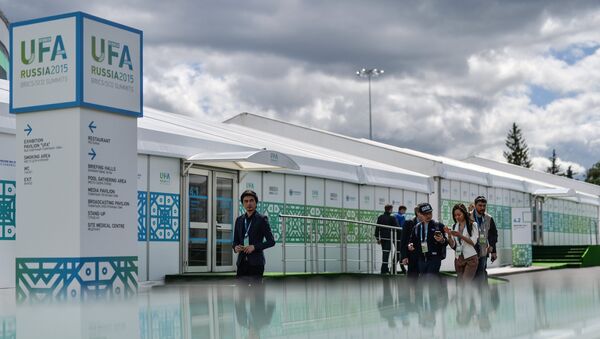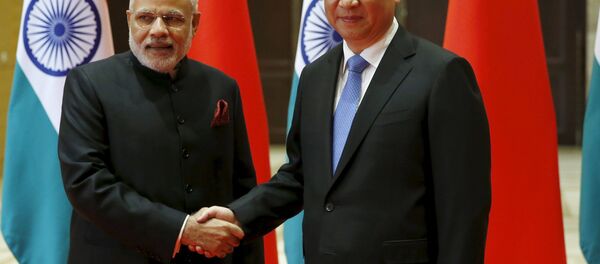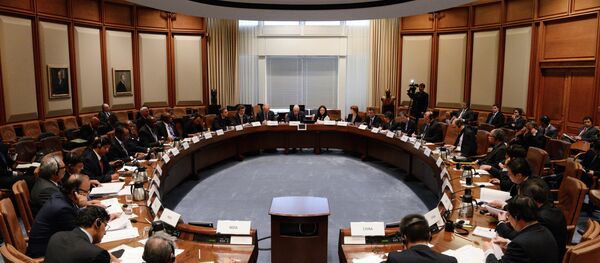"Specific projects is what we would like to move to and I think we would have to give that another year to 18 months, but it is an objective which we have identified in today's meeting," Naina Lal Kidwai said on the sidelines of the BRICS Business Council Meeting in Ufa.
She stressed that the BRICS economies should be doing more to engage in dialogue at the group's level.
"I am struck by the fact how little of the five countries have actually engaged with each other. There was some bilateral dialogue, but as a group that has not historically been the case. And it is quite interesting to see how forcing it through a forum such as this is actually producing a lot of common platforms for engagement," she said identifying rail and hydropower as some of the most prospectus areas.
She said that another area which needs more attention is small and medium-size enterprises (SMEs) "because we have many common interests in growing entrepreneurship and skills and jobs at our specific countries level."
BRICS Business Council to Guide NDB to Help Enterprises
"The business council will support and guide this very good new institution as it is coming up, because after all the NDB has to support what the business wants, because it is about growing infrastructure," Naina Lal Kidwai said.
She underlined that the BRICS Business Council, which was established in 2013 and comprises 25 members drawn from the five countries, has become a platform for promoting closer ties among the economies of BRICS countries and their work on common areas of interest, particularly on large-scale infrastructure programs.
"Essentially, at the BRICS business council level we are looking at the common areas which have been identified — and big infrastructure clearly, as there has been a lot of discussion about infrastructure of rail and roads, and hydro and power in terms of collaboration and also in terms of how the new development bank can support some of its large infrastructure projects. And what we would like to see is some of these big projects moving forward," Lal Kidwai said.
Another area which she identified is agriculture and the need to move products around the BRICS countries.
BRICS States Should Look at Capital Markets, Financial Infrastructure Outside NDB
The five emerging economies of the BRICS should pay more attention to the development of their financial markets not only within, but also outside the New Development Bank (NDB), Lal Kidwai said.
"We are looking at the architecture of the markets, one element is what the NDB is going to do and guiding that, but the important area of the capital market and the financial infrastructure aside from NDB also needs to be looked at," she said.
She stressed the importance of finding ways for BRICS to "collaborate on our capital markets and developing our capital markets," particularly as there is a number of new innovations globally on green bonds and funding renewables.
The NDB was created in July 2014 by an agreement between BRICS member states to mobilize resources for infrastructure and sustainable development projects. BRICS member states have also agreed to establish a $100-billion liquidity reserve to ensure the bank's financial stability.
The NDB was conceived as an alternative to Western global financial institutions.
The BRICS summit is underway in the Russian city of Ufa, in parallel to the Shanghai Cooperation Organization (SCO) summit. Both summits will conclude on Friday, July 10.



